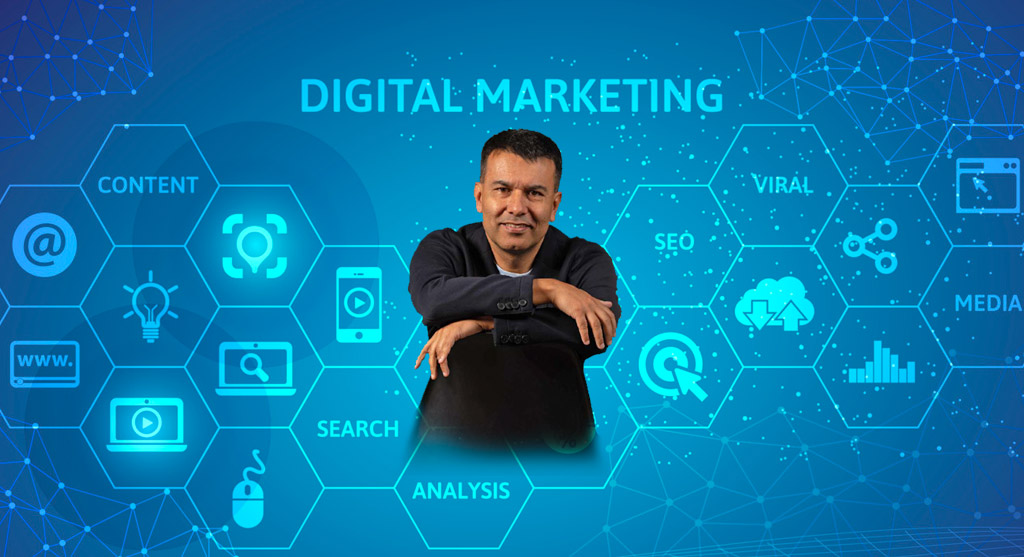Technology for Sustainability and Energy Efficiency:
In recent years, there has been a significant mission to build a greener future with a positive impact. For this reason, environmental concern has been increasing and has become one of the main priorities worldwide.
Sustainability and energy efficiency are key concepts in the search for solutions that allow us to reduce our ecological footprint and preserve natural resources for future generations.
Technology has proven to be a powerful ally in this mission, playing a fundamental role in building a greener future by enabling emissions reduction, improving energy efficiency, optimizing resource management, driving innovation in renewable energies, facilitating data analysis, and promoting public awareness.
These technological advancements are crucial for addressing environmental challenges and building a more sustainable society.
Internet of Things (IoT) and Smart Buildings:
The implementation of the Internet of Things (IoT) has enabled the creation of smart buildings that optimize energy use and reduce consumption.
By building smart sensors, lighting, air conditioning, and other systems can be controlled, adjusting them according to occupancy and environmental conditions.
Moreover, digital advertising can play a crucial role in promoting these solutions, educating the public, and fostering the adoption of sustainable technologies.
Renewable Energies and Energy Storage:
Power generation from renewable sources, such as solar and wind, has gained ground in recent years.
Computing has played a fundamental role in developing more efficient technologies for capturing and storing this energy effectively.
By building intelligent algorithms, the production and distribution of renewable energy can be optimized, while advertising can help spread the benefits of these sources and promote their widespread adoption.
Big Data and Predictive Analytics:
The analysis of large volumes of data (big data) has revolutionized how we understand and address sustainability challenges.
By collecting data on energy consumption, transportation, and other key factors, predictive analytics algorithms can identify patterns and trends that enable more informed decision-making.
Advertising can be an effective tool to raise awareness about the importance of collecting and utilizing this data to achieve greater energy efficiency.
Building Sustainable Mobility and Responsible Advertising:
The transition to sustainable mobility is essential for reducing greenhouse gas emissions.
Electric vehicles, powered by high-performance batteries, are becoming increasingly popular. Advertising can play a key role in educating the public about the advantages of electric vehicles and promoting their adoption.
Furthermore, responsible digital advertising solutions, such as energy-efficient ads and campaigns that promote shared mobility, can help reduce the ecological footprint of the advertising industry itself.
- Technology has the power to drive sustainability and energy efficiency to unprecedented levels.
- Advertising agencies play an important role in building a greener future through their web activities.
- Computing and advertising come together in this mission, using tools such as IoT, big data analysis, and responsible promotion to construct a greener future.
The following table shows a good example of two companies that employ methodologies related to sustainability and energy efficiency, along with their pros and cons:
| Company | Methodology | Pros | Cons |
|---|---|---|---|
| Tesla | Electric vehicles and renewable energy | Reduction of carbon emissions | Higher initial cost of electric vehicles |
| Promotion of sustainable mobility | Limited charging infrastructure | ||
| Development of high-performance batteries | Dependence on the electrical grid | ||
| Optimization of data centers | Energy efficiency in infrastructure | Energy consumption in data centers | |
| Use of renewable energy for operations | Need for constant upgrades | ||
| Reduction of carbon footprint | Challenges in managing electronic waste |
Building a Greener Future with Significant Impact:
1. Emission Reduction:
Technology plays a fundamental role in reducing greenhouse gas emissions. Technological solutions such as renewable energy use, energy efficiency in buildings, and sustainable mobility contribute to decreasing dependence on fossil fuels and, therefore, reducing pollutant emissions.
2. Energy Efficiency:
Technology enables better management and optimization of energy consumption. Smart devices, sensors, and automated control systems help identify and correct inefficient energy use in buildings, industries, and production processes. This leads to increased energy efficiency and a reduced environmental impact.
3. Intelligent Resource Management:
Technology facilitates the monitoring and management of natural resources such as water, air, and materials. Intelligent monitoring and control systems can optimize the use of these resources, minimizing waste and maximizing efficiency.
4. Innovation in Renewable Energies:
Technology drives research and development of more efficient and accessible solutions in the field of renewable energies. Advancements in areas such as solar, wind, hydroelectric, and biomass energy, as well as energy storage, allow for a faster transition to cleaner and more sustainable energy sources.
5. Data Analysis and Informed Decision-Making:
Technology allows for the collection and analysis of large amounts of data related to energy consumption, waste management, and other environmental aspects. These analyses provide valuable insights for making more informed decisions and designing effective strategies for sustainability and energy efficiency.
6. Awareness and Public Engagement:
Technology, through digital media and communication platforms, facilitates the dissemination of information about sustainability and encourages public participation. Social networks, websites, and mobile applications enable knowledge sharing, promotion of sustainable practices, and awareness creation about the importance of a greener future.
By adopting these technological solutions and promoting a culture of responsible consumption, we can create a positiveimpact on the environment and build a greener future. The combined efforts of individuals, businesses, and governments, supported by technological advancements, can lead to significant progress in sustainability and energy efficiency.





